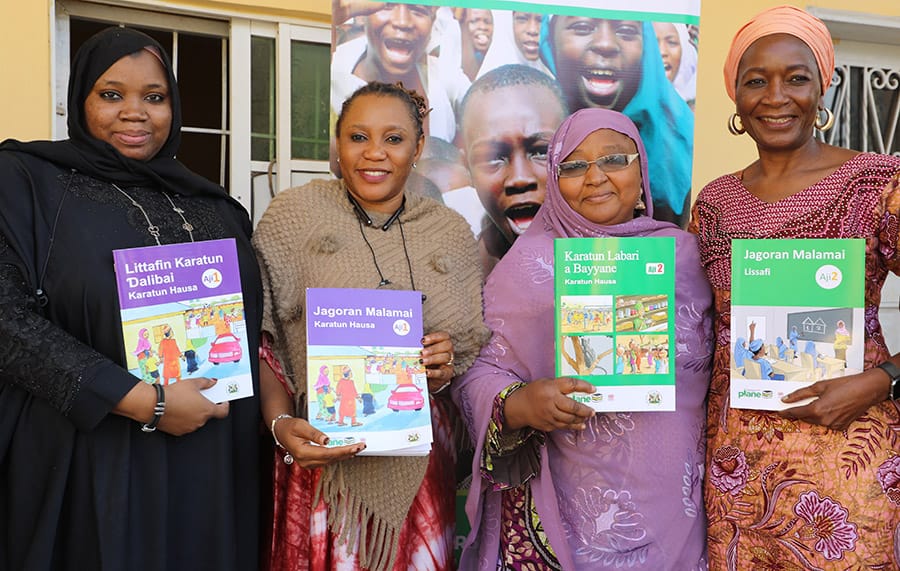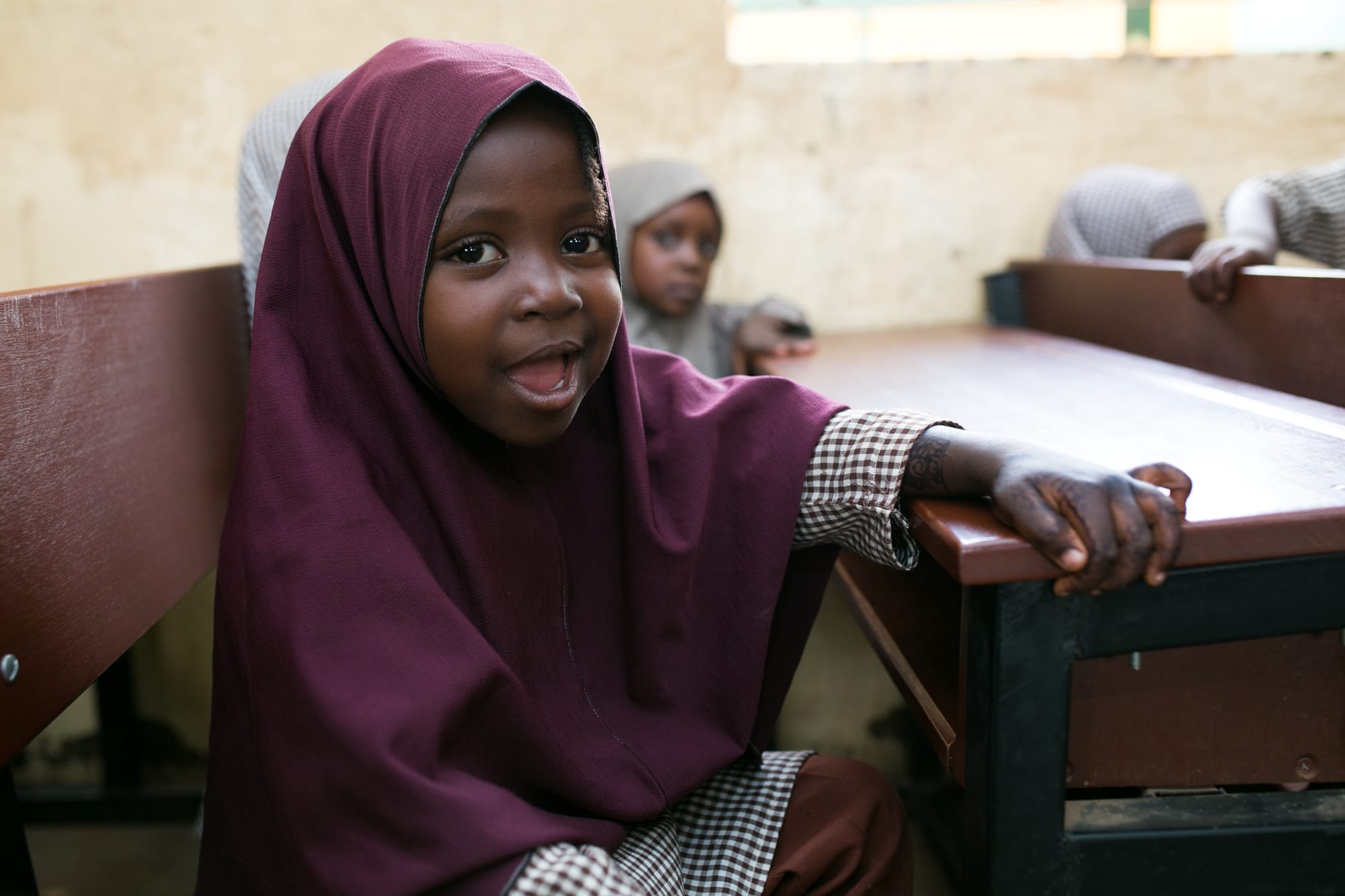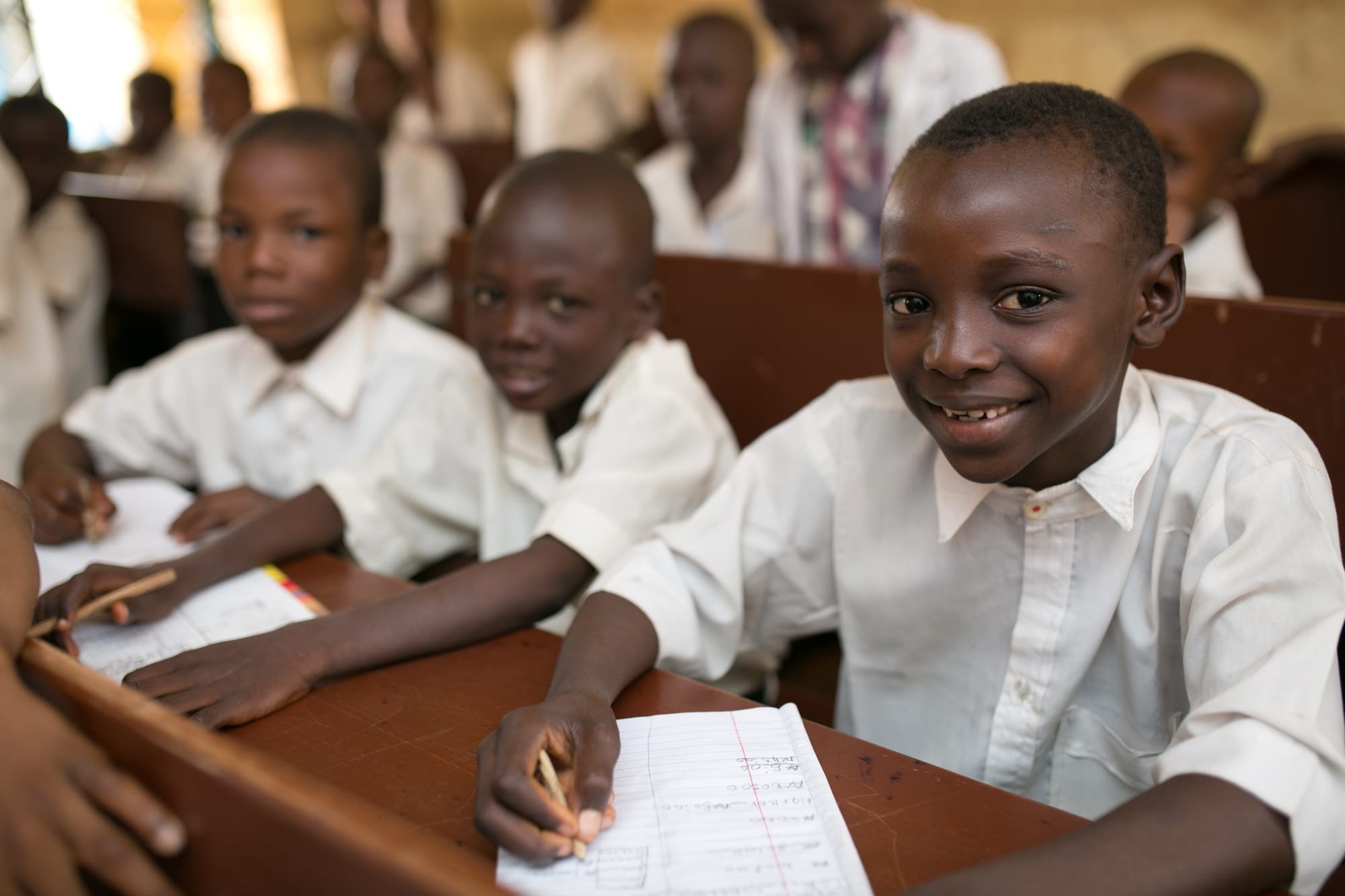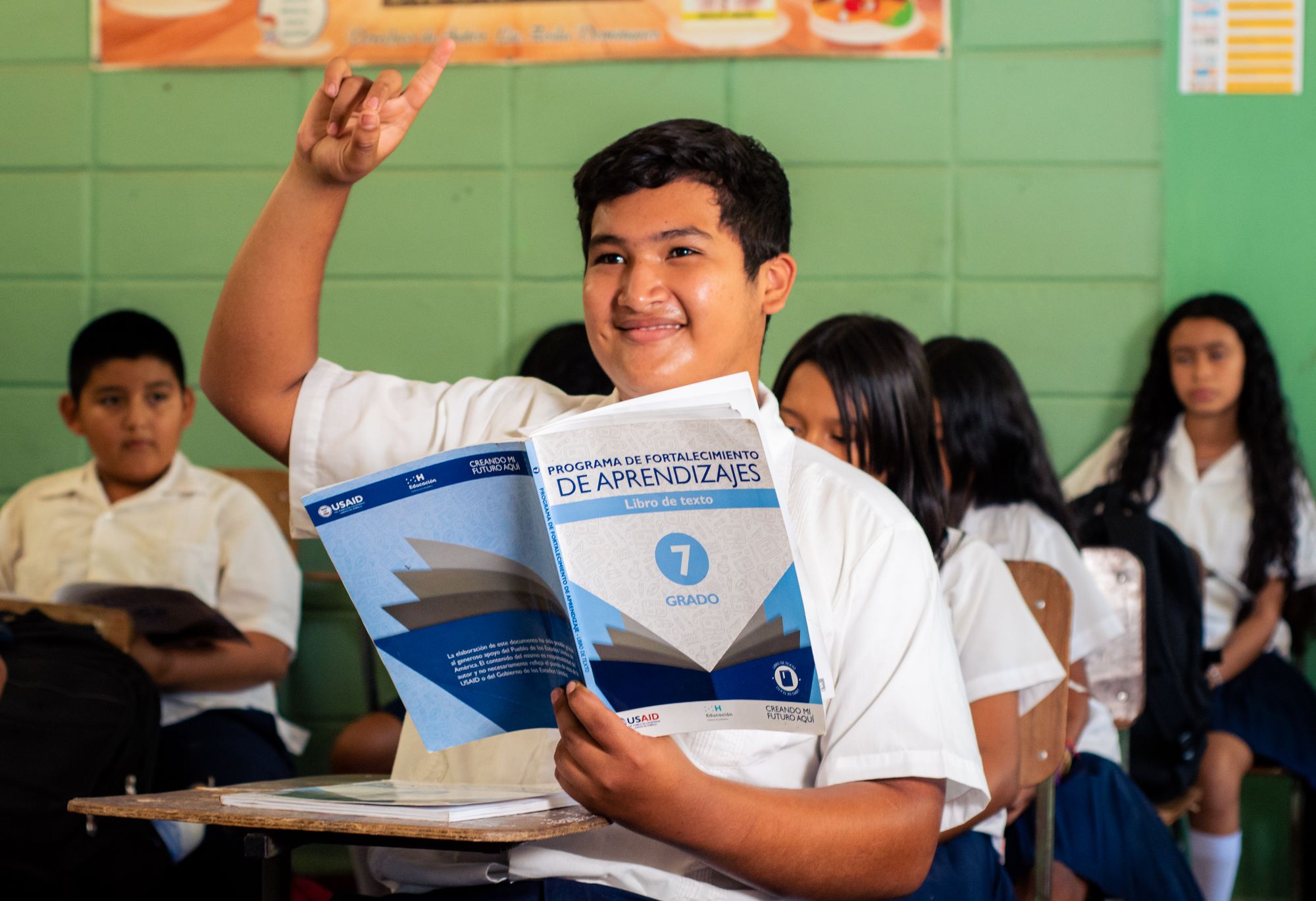With just six years remaining before the United Nations’ Sustainable Development Goal (SDG) target date of 2030, Nigeria is among the many nations grappling with the herculean task of achieving SDG 4—quality education for all. The United Nations Educational Scientific and Cultural Organization (UNESCO) reports that 250 million children worldwide still lack access to good education. And even where children are in school, they often face what the World Bank and UNESCO refer to as learning poverty, a measure of children’s inability to read and understand a simple text by age 10.
The 2022 UNICEF report on the State of Global Learning Poverty offers a grim picture of the increasing number of out-of-school children and of declining education systems, learning content, and teaching methods. Up to 56 percent of children worldwide were suffering from learning poverty before COVID-19 hit—a staggering 89 percent in Sub-Saharan Africa—and this figure is predicted to have skyrocketed since the pandemic.
Nigeria—Africa’s most populous nation—has the most out-of-school children on the continent (16 million). According to the National Bureau of Statistics, the situation is worst in the north of the country, where 66 percent of children are not attending school.
The U.K. Foreign, Commonwealth and Development Office’s Partnership for Learning for All in Nigeria (PLANE) project set out in 2021 to tackle some of the root causes of learning poverty. And three years in, we are beginning to see encouraging results. A comprehensive program that runs through 2028, PLANE operates at various levels, engaging with legislators, state and non-state education providers, civil society organizations, teachers’ unions, community leaders, learners, and parents. The program is active at the federal level, in the Southeast and Southwest regions, and at the state level in five northern states (Kaduna, Kano, Jigawa, Yobe, and Borno).
PLANE has many dimensions. Here we look at just three—improving students’ foundational skills, standardizing primary education, and enhancing the quality of teaching—to illustrate the growing impact of PLANE’s pragmatic, locally driven approach.

Foundational Literacy and Numeracy Skills
There are many reasons why children don’t go to or stay in school. Among them is student disengagement. When children can’t actively participate in lessons and have little or no sense of achievement, they lose interest. Some of this frustration can be linked to the language used for teaching, which, in Northern Nigeria’s state-run primary schools, has traditionally been English. According to UNESCO, conducting classes in a child’s first language is optimal for literacy and learning throughout primary school. Research shows that children whose first language is not their language of instruction are more likely to drop out or fail in early grades.
PLANE, accordingly, provided 554,648 young learners in Kano, Kaduna, and Jigawa States with literacy and numeracy textbooks in their mother tongue. In 2023, PLANE reported that the introduction of Hausa as the primary teaching language in state-run primary schools in the three states led to a 15 percent increase in pupils able to read and perform foundational mathematics at the Grade 1 level. PLANE project states now teach all children basic literacy and numeracy skills in Hausa, benefitting more than 425,000 children in 1,455 schools in 2023.
Applying Foundational Learning Standards to All Schools
As UKaid’s Education Sector Support Programme in Nigeria has shown, the children in Northern states attending private Islamiyya, Qur’anic, and Tsangaya Education (IQTE) schools far outnumber those attending state-run primary schools in Northern Nigeria. Kano State, for example, has roughly 5,800 primary to senior secondary state schools, compared to 23,000 IQTE schools. So, even as PLANE was advancing primary-level literacy and numeracy in state-run schools, the inconvenient fact is that most children would not benefit.
PLANE is now “meeting children where they are” by working to integrate IQTE schools into the formal school system by collaborating with the Universal Basic Education Commission and the State Implementation Team on Qur’anic Education in Kano, Kaduna, and Jigawa to bring core subjects into their curricula. The idea is to equip learners with the skills and knowledge needed to thrive in the modern world but to do so in keeping with the Islamic values and ideals central to the religious, vocational, and psychosocial needs of millions of children in Northern Nigeria.

Building a Sustainable and Effective Workforce
Then there are the teachers. Poor teaching, inadequate resources, and the resulting decline in learning outcomes are among the main factors causing an estimated 5.9 million children to drop out of school early in Nigeria as reported in June 2022.
Teachers need access to regular training and refresher courses to ensure they are fully equipped to benefit the children in their care. PLANE provides professional development opportunities to address a long-standing capacity-building gap, including periodic training for teachers, focusing on improved teaching techniques and teaching content. The curriculum includes interpreting learning content for easy assimilation, workshops for newly recruited teachers to acquaint them with the project’s pedagogy, and workshops on modern teaching practices.
The partner states are also working with the National Commission for Colleges of Education to provide more courses and support for current and incoming teachers, including through the Nigerian Certificate of Education reform, which aims to better prepare new teachers for the primary education system.
All told, more than 425,000 learners in 1,455 schools have benefited from more regular capacity building, better learning resources, and refresher training for teachers, and the states have seen a 25 percent increase in the number of pupils able to read simple words and recognize two-digit numbers.
Laying the Foundations for Basic Education
PLANE’s efforts to combine traditional learning systems with the modern primary education curriculum, provide consistent professional development for teachers, and improve teaching and learning materials are enabling millions of children in Northern Nigeria to access higher-quality primary-level teaching and learning. As the deadline for achieving SDG 4 approaches, PLANE will continue to lay the foundation for improved learning and access to education in Northern Nigeria, with the ultimate aim of scaling its approach nationwide.





